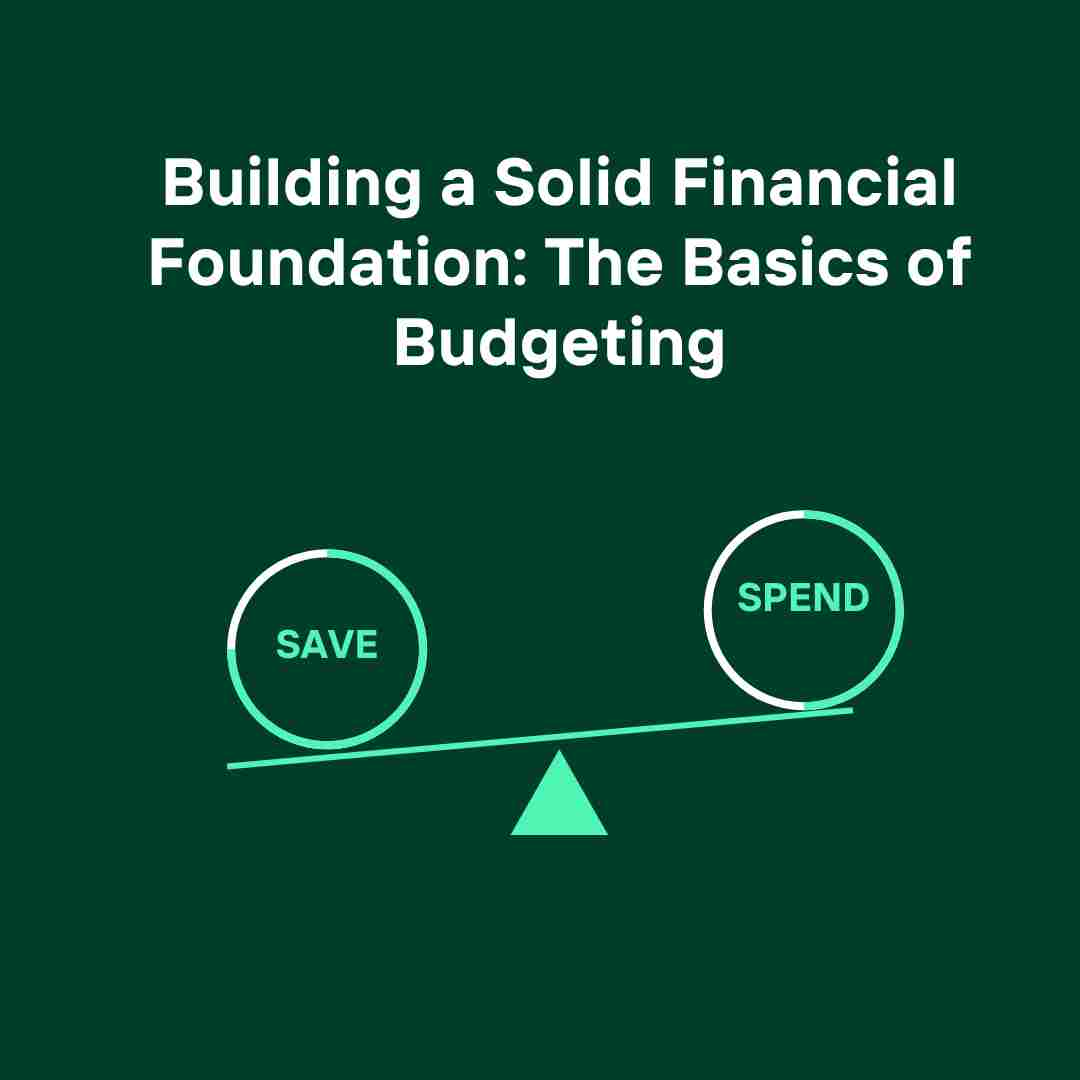Financial success begins with a strong foundation, and at the core of this foundation lies the art of budgeting. Whether you’re just starting your career or looking to improve your financial health, understanding how to create and stick to a budget is essential.
Introduction: Budgeting is not about restricting yourself; rather, it’s a tool that empowers you to take control of your finances. It provides a roadmap for managing your income and expenses, helping you make informed decisions about your money. In this article, we will explore the fundamental principles of budgeting and how it can pave the way for financial success.
1. Assessing Your Finances: Before creating a budget, it’s crucial to have a clear understanding of your current financial situation. Start by listing all your sources of income, including your salary, side hustles, or any other revenue streams. Next, document all your monthly expenses, from rent and utilities to groceries and entertainment. This comprehensive overview will serve as the basis for your budget.
2. Setting Financial Goals: Once you know where your money is coming from and where it’s going, establish short-term and long-term financial goals. Whether it’s saving for a down payment on a house, an emergency fund, or retirement, having specific objectives will give your budget purpose. Assign realistic timelines and monetary values to each goal, creating a roadmap for your financial journey.
3. Creating the Budget: With a clear understanding of your finances and defined goals, it’s time to craft your budget. Allocate a portion of your income to cover essential expenses such as housing, utilities, groceries, and transportation. Be realistic about your spending habits and allocate funds for discretionary expenses like dining out or entertainment. Remember to set aside money for savings and investments, prioritizing your financial goals.
4. Tracking and Adjusting: Creating a budget is just the first step; regularly tracking your spending is equally important. Utilize budgeting tools or apps to monitor your expenses and compare them to your budgeted amounts. If you notice discrepancies, don’t be afraid to make adjustments. Flexibility is key, and your budget should evolve as your financial situation changes.
5. Emergency Fund: Life is unpredictable, and unexpected expenses can arise at any moment. That’s why it’s crucial to build an emergency fund. Aim to save at least three to six months’ worth of living expenses to provide a financial safety net in case of unforeseen circumstances. Having an emergency fund ensures you won’t have to dip into your long-term savings or accumulate debt when life throws you a curveball.
6. Debt Management: If you have existing debts, such as student loans or credit card balances, incorporate a debt repayment plan into your budget. Prioritize high-interest debts while making minimum payments on others. As you pay off debts, redirect those funds towards savings or investments, accelerating your journey towards financial freedom.
Conclusion: Budgeting is not a one-size-fits-all approach, and it may take time to find a system that works best for you. However, by embracing the principles of assessing your finances, setting goals, creating a budget, tracking and adjusting, building an emergency fund, and managing debt, you’ll be on the path to financial stability and success.



